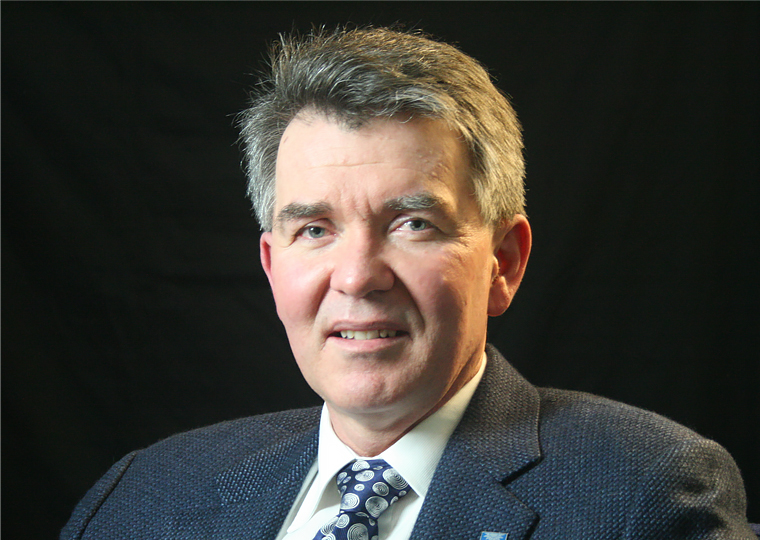News
Millions in funding for national action plan for lung conditions
The funding came on the same day a Queensland audit identified nearly 100 stonemasons with the potentially fatal lung disease silicosis.
 Almost 100 workers from Queensland’s manufacturing stone industry who have been diagnosed with silicosis.
Almost 100 workers from Queensland’s manufacturing stone industry who have been diagnosed with silicosis.
The National Strategic Action Plan for Lung Conditions aims to speed up diagnosis and improve treatment for the around 7.1 million Australians living with lung disease.
The $4 million plan, put together by the Lung Foundation Australia, covers more than 30 types of lung conditions, including lung asthma, chronic obstructive pulmonary disease (COPD), and occupational lung diseases and rare lung diseases, such as cystic fibrosis.
Half of the funding will contribute to the development and delivery of lung health training and educational resources for health professionals, including GPs, while $1 million has been allocated to Lung Foundation Australia.
The remaining $1 million is set to support population groups considered to be at increased risk of experiencing poor lung health, and will aim to increase awareness of occupational hazards that affect the lungs, and the benefits of immunisation to reduce the risk of respiratory infections.
One group who could potentially benefit from the newly funded plan is the 98 workers from Queensland’s manufacturing stone industry who have been diagnosed with silicosis.
The workers were identified by a Queensland Government audit, obtained by the ABC, which has so far referred 799 stonemasons for lung testing. The audit was originally conducted after a handful of workers were diagnosed with the incurable disease, which traditionally affects coal miners.
However, the inhalation of crystalline silica dust fragments, found in manufactured stone kitchen benchtops and bathroom vanities, can also cause the disease.

Dr Graeme Edwards believes the ongoing effects of silicosis will have a major impact on the public health system.
Brisbane’s Dr Graeme Edwards has tested hundreds of stone workers as part of the audit. He believes the health crisis will become worse than asbestosis.
‘We’re talking about a major epidemic that we don’t fully appreciate right now – it’s absolutely in a league of its own,’ Dr Edwards said.
‘From a clinician’s perspective, this is worse than asbestos, because asbestos affects people at the end of their working life and into their retirement, where this particular disease is affecting young workers, people with dependent children, with wives and a whole working life expectation before them.
‘The social and psychological impact is so much greater than what we have traditionally seen with any of the dust-related diseases.’
To date, the youngest person identified with silicosis is a 23-year-old who has worked as a stonemason for six years.
The Queensland Government audit also uncovered more than 550 workplace breaches related to inappropriate cleaning practices, dry cutting of engineered stone, and inadequate protective equipment.
WorkCover Queensland has so far committed around $1.5 million to testing the workers, at a cost of $2000 each. However, Dr Edwards believes doctors are struggling to cope with the constantly increasing number of workers that are being referred.
‘This is going to have a major impact on the public health system,’ he said.
‘We’re already taxing the capacity of my colleagues in respiratory medicine to even deal with the issues of today for these people who we’re diagnosing at the moment.’
No deaths have been reported as a result of the crisis, but the Queensland Government has acknowledged many people will require lung transplants in order to survive.
chronic obstructive pulmonary disease COPD government funding lung disease silicosis
newsGP weekly poll
As a GP, do you use any resources or visit a healthcare professional to support your own mental health and wellbeing?